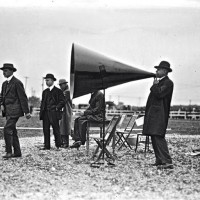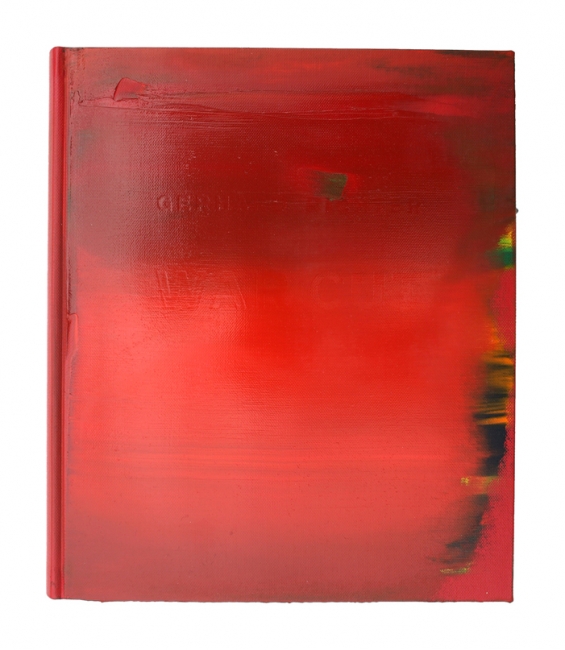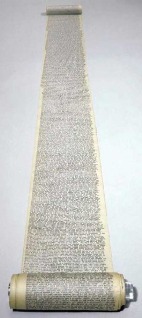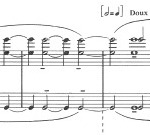During October, I gave four performances in France (Paris, Lyon, Orléans, Paris) in clubs or alternative, non-classical venues. For each of these shows, the piano was amplified (some engineers prefer the term "reinforced"). Mics were positioned fairly close to the strings of the piano, the sound processed, and piped through a PA system. In one instance, the resulting sound heard by the audience was louder than what the acoustic piano could … [Read more...]
Anti-Repertory
All the piano pieces I didn't play. All the pieces I didn't cover, didn't learn... didn't perform... didn't record... All those pieces I never heard (of). It's my Anti-Repertory. Some of the old pianists covered more. (They had to, there was no recording -- ) Antimatter, Antichrist. (to be able to hear anything, it had to be played.) Doesn't matter. The molecules don't have to be made to vibrate. Music is not only outside us but inside … [Read more...]
Of a piece
When I sit at the piano to play a composed piece I'm matching myself against a pre-determined set of musical requirements. Right? I'm trying to meet expectations or even excel to deliver a faithful account of the composition. If that's true, then one performance can be better than another. A performance with many faults might even fail to represent the piece that's written. What is that faulty music? Can it be overlooked or ignored, put out … [Read more...]
Line break
In Cesar Franck's Prelude, Chorale, and Fugue, the crescendo which is marked in measure 65 probably continues to m. 67. In the Henle edition of the piece (and others), there's a line break after m. 65. Playing for me, a young pianist finished the crescendo at the end of the printed system (where the line break occurs), not continuing the swell into m. 67. Pianists are visually suggestible. Switching to a new edition of a familiar piece, with … [Read more...]




